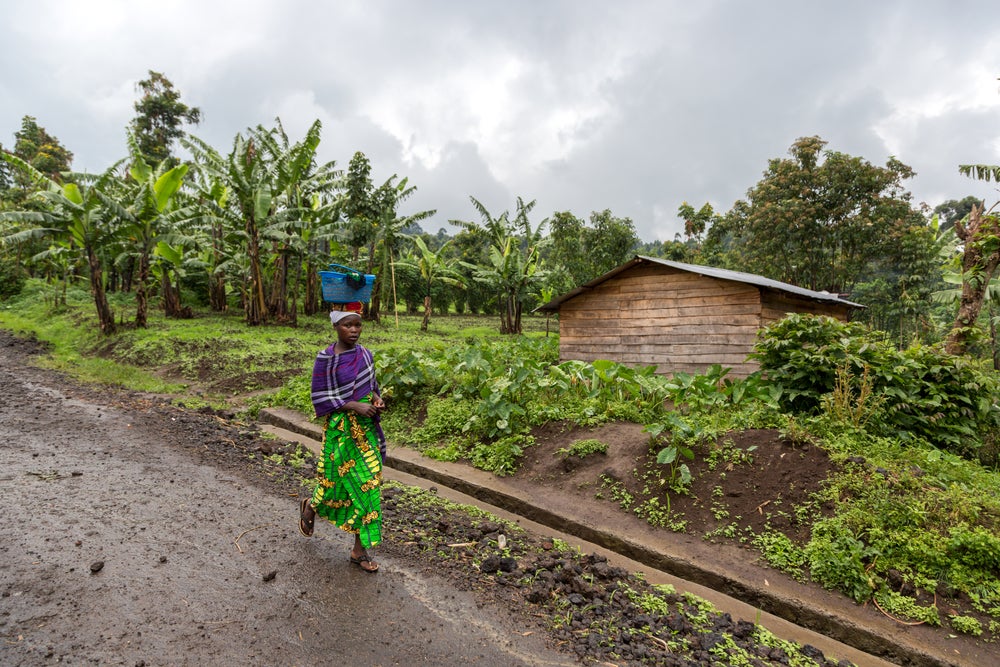The Democratic Republic of Congo (DRC) could become a major low-cost and low-emission producer of lithium-ion (Li-ion) battery precursors, says research company BloombergNEF in a report, but the country must move beyond the simple export of raw materials.

It would cost $39m to build a 10,000-metric-tonne cathode precursor plant in the DRC, the report says. This is almost three times cheaper than building a similar plant in China ($112m). Cathode precursors are the intermediate material between raw and finished cathodes, which are used in Li-ion batteries. Due to the DRC’s proximity to cathode raw materials and abundant hydroelectric power, a precursor plant there is also expected to produce 30% fewer greenhouse gas emissions than one in China.

Discover B2B Marketing That Performs
Combine business intelligence and editorial excellence to reach engaged professionals across 36 leading media platforms.
European battery cell manufacturers rely heavily on China for battery precursors. However, the raw materials are often imported from Africa and refined before export to Europe. The DRC currently produces 70% of global cobalt but only captures 3% of the Li-ion battery value chain. To move up the value chain, the DRC should engage with a broader range of processes such as smelting and refining, BloombergNEF suggests.
Onshoring more of the value chain would help to advance renewable energy technologies, accelerate industrialisation and create jobs for millions of young Africans, the report concludes.





